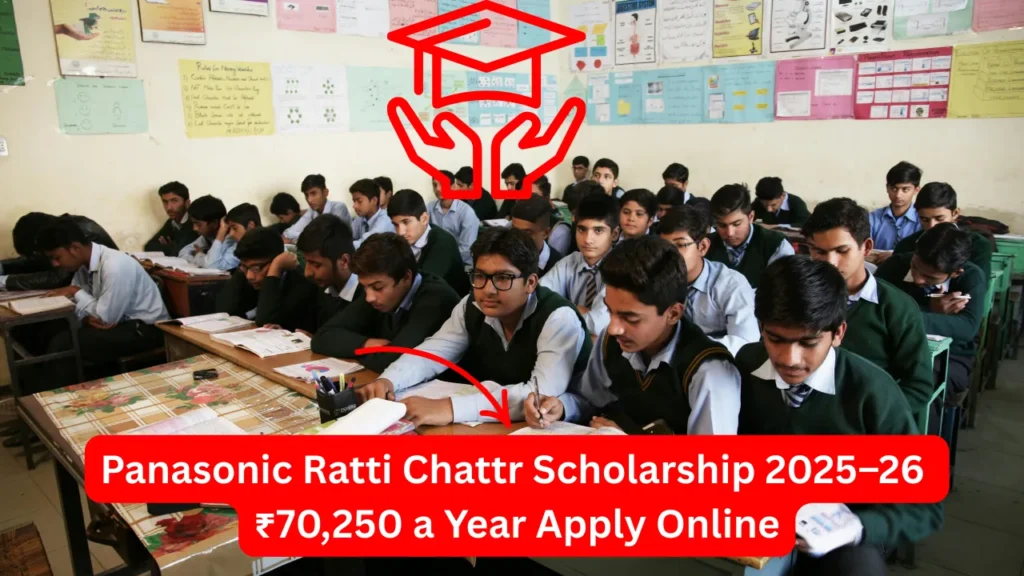The Foster Child Grant is a vital support system in South Africa designed to protect the rights and well-being of children who cannot remain with their biological parents. Administered by the South African Social Security Agency (SASSA), the grant helps foster parents provide essential care, education, and stability for vulnerable children.
From September 2025, the amount stands at R1,250 per child per month, and caregivers now have the convenience of completing the application process online. This marks a significant shift, as it reduces the burden of long queues at SASSA offices and offers an easier way for guardians to access financial support.
Foster Child Grant R1,250 September 2025 Highlights
| Monthly Amount | R1,250 per child |
| Managed By | South African Social Security Agency (SASSA) |
| Eligible Applicants | Court-recognised foster parents or legal guardians |
| Application Method | Online (through SASSA’s digital system) |
| Required Documentation | Court order, IDs, birth certificate, proof of residence, schooling |
| Payment Method | Monthly transfer into caregiver’s bank account |

Understanding the Foster Child Grant
The Foster Child Grant exists to ensure that children placed in foster care grow up in secure and supportive environments. It recognises that caring for a child involves expenses such as food, school supplies, clothing, and healthcare.
Unlike some other SASSA grants, income levels of foster parents are not considered. The grant is strictly tied to the child’s legal placement, meaning that as long as there is a valid foster care court order, the caregiver may qualify.
Eligibility Criteria
Not all caregivers can apply for the Foster Child Grant. To qualify, applicants must meet the following conditions:
- They must have a valid court order proving foster care status.
- The child should be younger than 18 years old.
- The child must be a South African citizen, permanent resident, or recognised refugee.
- The child must be living full-time with the foster parent or guardian.
- If the child is of school-going age, proof of school attendance is required.
These conditions ensure that the grant directly benefits children who are legally recognised as fostered.
Step-by-Step Guide to Apply Online
With the introduction of digital platforms, applying for the Foster Child Grant has become more straightforward. Below is a simplified application path:
- Register online by creating a profile on the SASSA services platform using your ID and contact details.
- Fill in the application form with accurate details for both caregiver and child.
- Upload supporting documents such as the foster care order, child’s birth certificate, IDs, and proof of residence.
- Submit the form and keep the reference number provided for tracking.
- Follow application progress online and respond quickly if SASSA requests further information.
Once approved, the monthly grant is deposited directly into the caregiver’s bank account.
Documents Required
Having the correct paperwork ready is critical to avoid delays:
- Certified copy of the court’s foster care order.
- Child’s unabridged birth certificate.
- IDs of both the child and the foster parent, or refugee permits if applicable.
- Recent proof of residence such as a municipal bill or affidavit.
- School enrollment confirmation for children of school-going age.
Submitting clear and valid copies helps speed up the approval process.
Advantages of the Online System
The digital application system for the Foster Child Grant offers multiple benefits:
- Saves time: Caregivers apply from home without visiting offices.
- Reduces costs: Eliminates transport expenses linked to in-person applications.
- Faster processing: Digital forms are handled more quickly than paper submissions.
- Real-time tracking: Applicants can monitor progress instantly.
- More secure: Online systems use encryption to protect personal information.
This move reflects SASSA’s commitment to modernising services and making access easier for caregivers.
Common Reasons for Delays or Rejections
Applications may be delayed or rejected for reasons such as:
- Missing or unclear supporting documents.
- Foster care order not legally recognised.
- Inaccurate personal details on the application form.
- Outdated proof of residence.
- Failure to update SASSA about changes in address or contact details.
Double-checking information before submission reduces the risk of rejection.
Why the Grant Matters for Children and Families
The Foster Child Grant does more than provide money—it creates stability. For many children, it means access to proper meals, school supplies, and healthcare. For foster parents, it eases the financial pressure of raising a child and ensures that the child receives the same opportunities as peers.
At a national level, the grant reflects South Africa’s commitment to child welfare and equality. By supporting children in foster care, the government ensures that no child is left behind due to circumstances beyond their control.
FAQs Foster Child Grant R1,250 September 2025
The grant provides R1,250 per month per foster child.
Legal foster parents or guardians with a court-issued foster care order.
Foster care order, child’s birth certificate, IDs, proof of residence, and school enrollment proof.
Applications are completed online via the SASSA portal by uploading the required documents.
Once approved, payments are made monthly into the caregiver’s registered bank account.
The Foster Child Grant R1,250 is a vital form of assistance for families caring for foster children. With the online application system in place for September 2025, the process has become faster, safer, and far more convenient.
Foster parents are encouraged to prepare their documents carefully, follow the application steps, and keep track of their application online. By doing so, they ensure that children in their care receive consistent financial support and the opportunity to grow in stable, nurturing environments.
Click here to learn more

John Michael Ramos is a blogger passionate about Government Schemes, Exams, Automobiles, and Trending News. His aim is to provide simple and authentic information.

